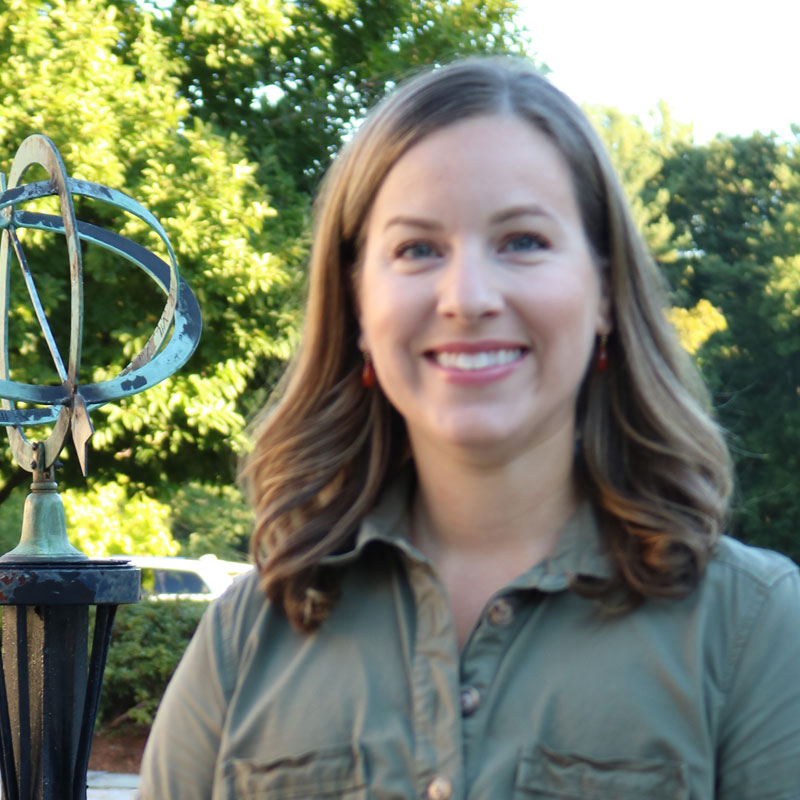Grade 4
Curriculum
The Grade Four school year sees nine-year-olds becoming more aware of the complexity of the world around them. They experience tremendous cognitive growth and begin questioning everything around them.
Grade Four students begin to wrangle with the awareness of challenging realities of life that impact others such as poverty, hunger, and homelessness. They worry about world events and can become increasingly concerned about the health of their loved ones. For some, those worries manifest as stress, and this is when teachers and parents need to come together and offer understanding, love, and support.
Fairness is a huge deal with Grade Four students. As they begin to form awareness of their own growing identity, they worry about how that identity will be accepted by others. They can be quite critical of themselves and others and fluctuate between moods.
Teachers and parents can support the moodiness of nine-year-olds by being patient, and clearly and more importantly, concisely explaining expectations. Technology also begins to play a role in the social life of Grade Four students, so it is very important that these students are taught how to use technology in safe, productive, and meaningful ways.
Renbrook’s Grade Four teachers are well versed in the developmental stages and behaviors of their students. They balance nurturing demeanors with high expectations for kindness and empathy. Our teachers prioritize time for team building and the development of collaborative problem-solving skills through large-group games, small-group activities, and one-on-one coaching sessions, if needed.
At Renbrook, language arts instruction helps students develop the skills necessary to communicate effectively. Language arts includes listening, thinking, speaking, reading, and writing. We structure our curriculum and lessons so that our students have authentic experiences in those areas by integrating other subjects, using thematic units, project-based learning, and writing for the real world.
Language arts lessons are taught within a workshop model. This allows for a gradual transfer of responsibility from teacher to student. Workshops typically start with a teacher-led, whole-group, systematic instruction lesson of a foundational skill. Then, students practice the skill in small groups, partners, and independently. Teachers use formative assessments to set up guided reading and writing groups to provide additional differentiated instruction, support, and feedback.
Renbrook Lower School teachers foster a love of reading in their students. Our students read and discuss a variety of engaging texts that allow them to think critically and make sense of the world around them. Our classroom libraries are full of high-quality literature that reflects diverse topics that offer a window into the varied lives of people in communities close to home and far across the globe.
For students in grades one through four, the curriculum, Fundations®, from the Wilson Reading System, is aligned with the science of reading with an emphasis on phonics instruction. It focuses on reading, spelling, and handwriting using engaging, multisensory materials and techniques. The foundational skills emphasized are:
- phonological and phonemic awareness
- sound mastery
- phonics, word study, and advanced word study
- trick word (high frequency word) instruction
- vocabulary
- accuracy, automaticity, and fluency
- handwriting
- spelling
Reading comprehension is also taught and practiced by students in grades one through four. Teachers model comprehension strategies during whole-class read alouds and work with small, guided reading groups, and they confer with each student individually to assess and provide feedback. The foundational comprehension skills emphasized are:
- summarizing
- sequencing
- inferencing
- comparing and contrasting
- drawing conclusions
- self-questioning
- problem-solving
- relating background knowledge
- distinguishing between fact and opinion
- finding the main idea, important facts, and supporting details
The workshop model is also used by teachers in grades one through four to provide students with systematic instruction of writing. They practice writing across a variety of genres such as fiction and nonfiction narratives, descriptive, expository, persuasive, poetry, and reflection. Our students take ownership over the writing process by planning, drafting, and revising their work. Teachers confer with their students offering personalized instruction helping them grow and develop as writers. The foundational writing skills emphasized are:
- spelling
- capitalization
- punctuation
- handwriting
- keyboarding
- sentence structure
Renbrook Lower School students are taught mathematics using Singapore Math® Dimensions Math® and Math In Focus®. The approach to instruction focuses on a concrete, pictorial, and abstract (CPA) progression, number bonds, bar modeling, and mental math. CPA follows a progression starting with tangible manipulatives leading to pictures, and then abstraction. Number bonds show the part-whole relationship between numbers. Bar modeling helps students visualize a range of math concepts, such as fractions, ratios, and percentages, allowing students to determine the knowns and unknowns in a given situation. Mental math helps students develop number sense and flexibility in thinking about numbers.
Grade Four Math Content
- Numbers to 100,000+
- Estimation & Number Theory
- Whole Number Multiplication & Division
- Tables & Line Graphs
- Data & Probability
- Fractions & Mixed-Numbers
- Decimals
- Adding & Subtracting Decimals
- Angles
- Perpendicular & Parallel Line Segments
- Squares & Rectangles
- Conversion of Measurements
- Area & Perimeter
- Symmetry
- Tessellations
Social studies in the Lower School at Renbrook provides first through fourth grade students with learning experiences that help them broaden their understanding and appreciation for the cultural diversity that exists in the world.
The four core social studies disciplines: civics, economics, geography, and history, as outlined by The National Counsel for Social Studies, help frame our social studies curriculum. Units are supported by library resources, technology, field trips, and experts in the field. Our students learn how to collect and organize information and interpret data. They work collaboratively to solve challenging problems with a project-based approach to demonstrate their learning.
Grade Four Social Studies Content:
- Country Explorations
- capital
- flag
- climate
- economics (currency)
- system of government
- significant historical events
- famous landmarks
- physical geography
- animals native to country
- customs & traditions
- languages
- famous people
- United Nations Global Goals
- United Nations
- basic human rights
- active participation in global citizenship

